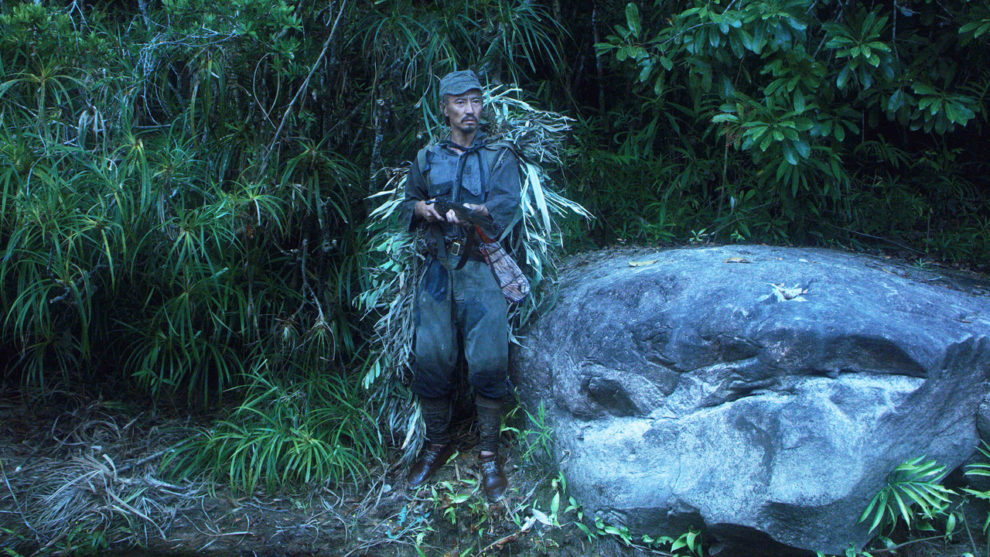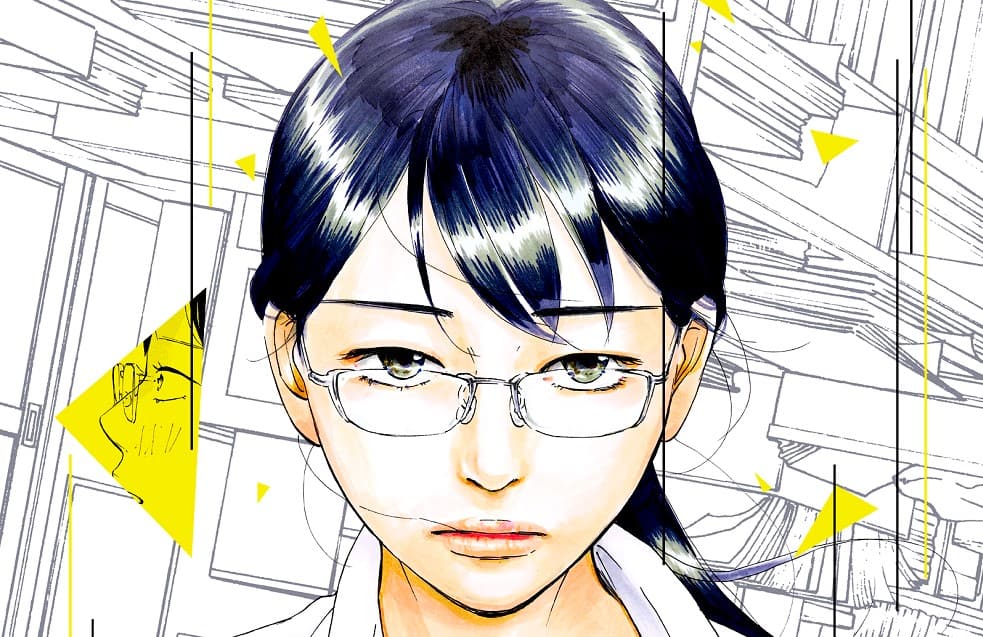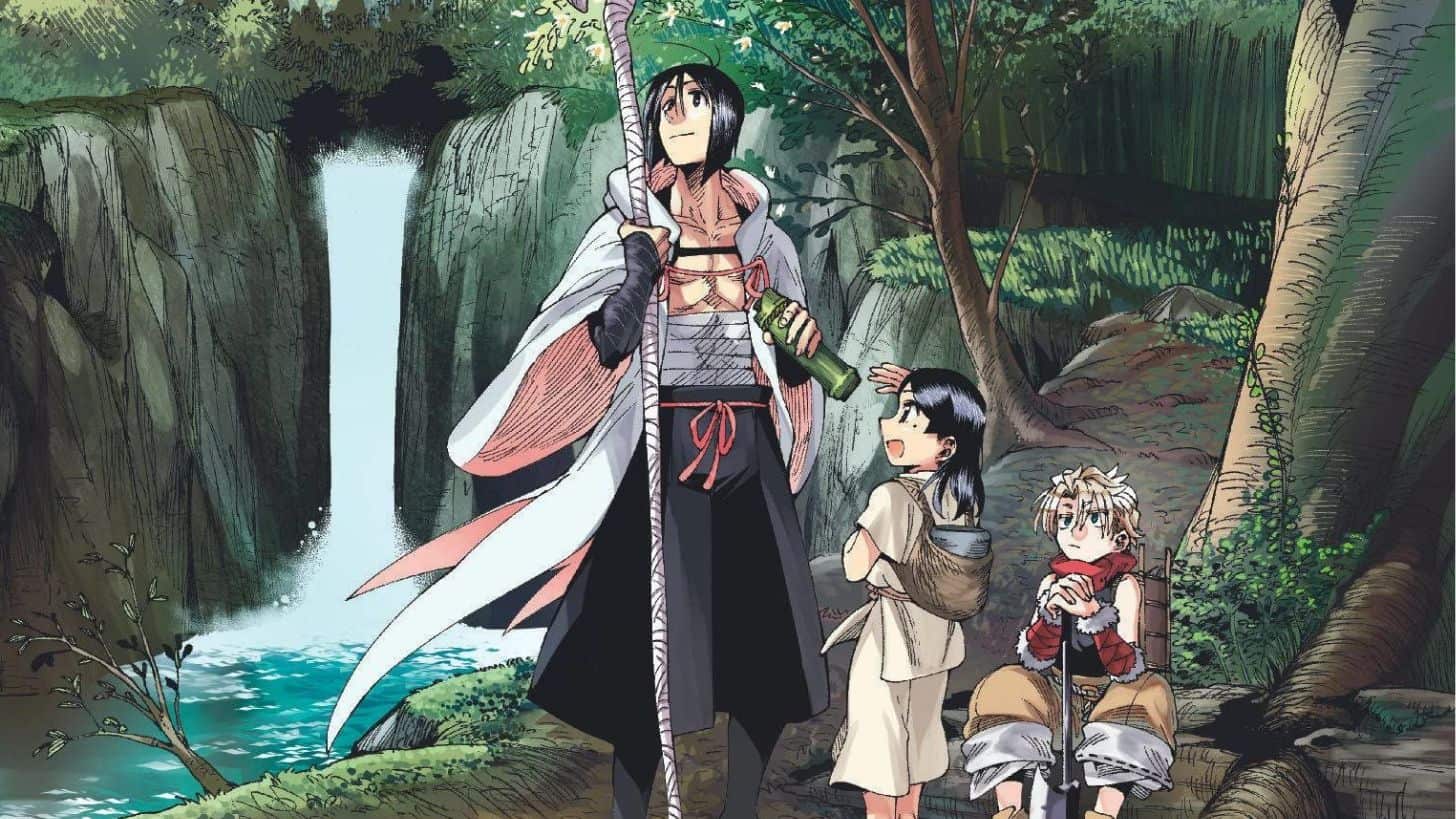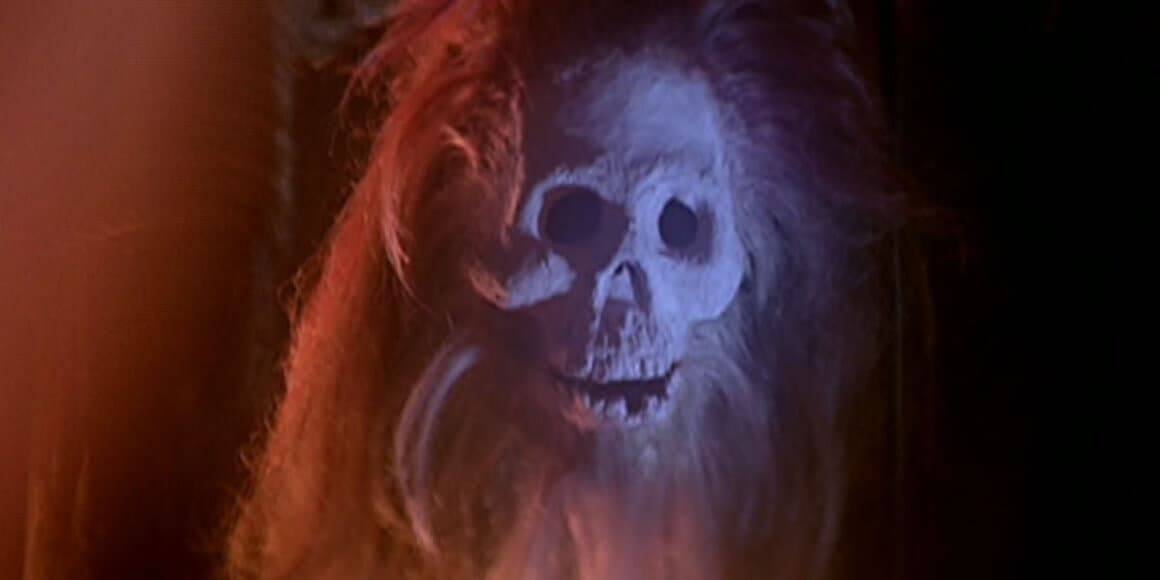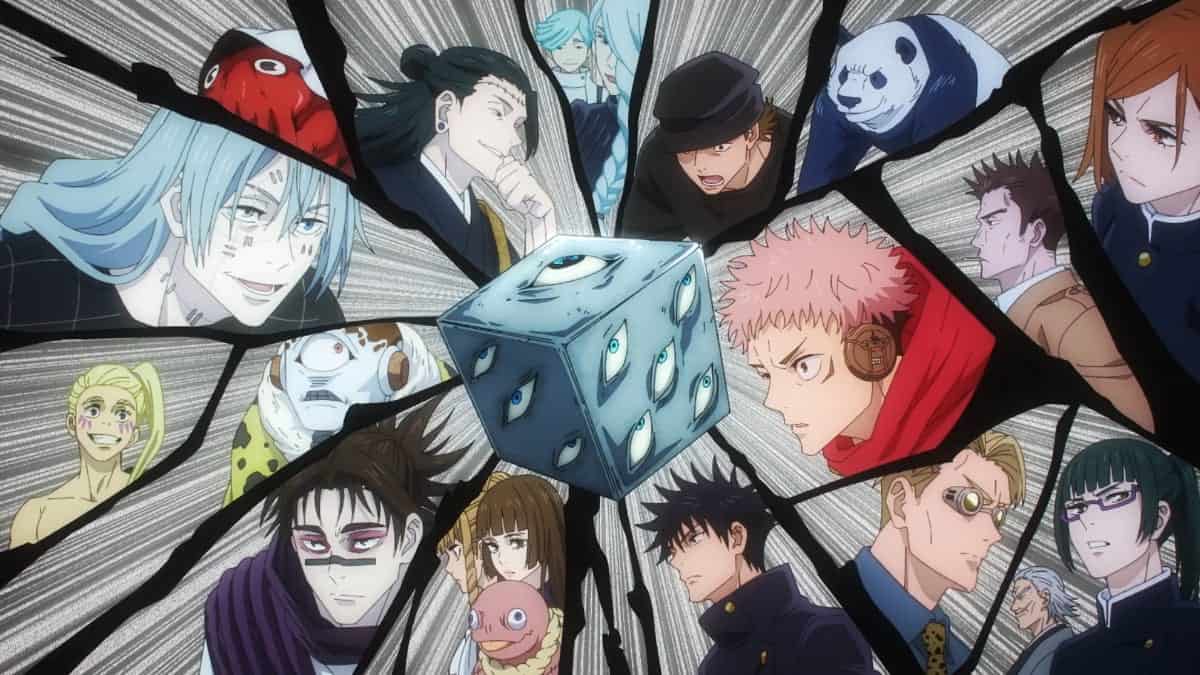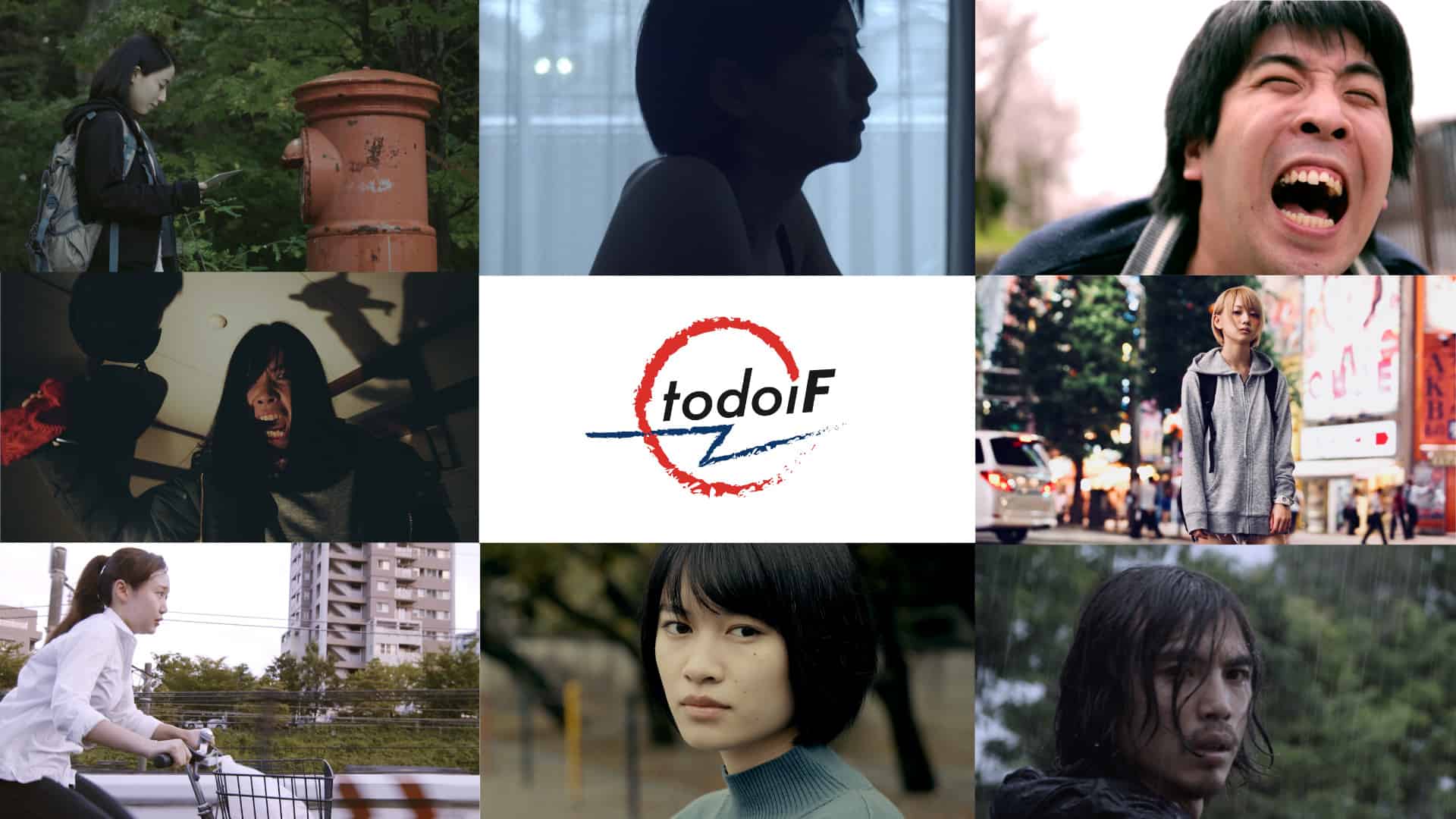The end of WWII for Japan, and particularly the fact that some of its soldiers refused or did not received the order to surrender has been one of the most dramatic episodes in the country's history, with Kazuo Hara's “The Emperor's Naked Army Marches On” being one of the most impactful presentations of the concept in cinema. Arthur Harari moves in the same path, choosing to base his movie on the life of Hiroo Onoda, an Imperial Japanese Army intelligence officer who did not surrender at the war's end in August 1945, but spent 29 years hiding in the Philippines until his former commander traveled from Japan to formally relieve him from duty by order of Emperor Showa in 1974. “Onoda” opened Cannes' “Un Certain Regard” section in July 2021.
Buy This Title
on Terracotta by clicking on the image below
The story unfolds in two intermingling time frames, as it starts with Onoda's arrival in Lubang, a small island in the Philippines, before it goes back to show how he was recruited by Major Taniguchi during WWII, after failing to become a pilot. His training on “secret war”, essentially as an intelligence officer by Taniguchi, is interspersed with the events following his arrival in the island, his failure to carry out his orders, since the fact that he was outranked forbade him to do so, and how he ended up with three more privates, to whom he revealed his true goal, hiding in the mountains, awaiting for further orders, a “mission” that lasted for the titular time frame.
This approach in the narrative allows Arthur Harari to present essentially three completely different parts, which are joined together, however, in ideal fashion, a trait that should also be attributed to the excellent job of editor Laurent Sénéchal. In that fashion, the training and what led to it forms the first part, which sheds much light to the reasons behind Onoda's absurdly extreme dedication, with the interactions between him and Taniguchi being one of the highlights of the movie, particularly the scene with the repeated challenge. Issey Ogata gives a great performance in the role of the latter, again with his highlight being the aforementioned scene, which also showcases the excellent chemistry he and Yuya Endo shared on screen.
The second part begins with the arrival of Onoda on the island, and follows the rules of the war film, although the focus here is more on the aftermath than the actual fighting. The way young Onoda tries to fulfill his mission, his essential failure, and the beginning of the denial regarding Japan's defeat begin here, with the way the four ended up in the mountains by themselves and the way their relationship was initiated and shaped being another central aspect of this part. Tom Harari's cinematography takes center stage here, particularly in the night shots during the American attacks and the panic that spread amidst the Japanese soldiers being excellently portrayed. The same applies to the way the Japanese army essentially unraveled upon the realization of defeat, with the exception of Onoda and a few other soldiers, in another great aspect of the movie.
The third part focuses on the survival of the four, essentially without provisions, in the mountains, and the strain that eventually entered their relationship, with paranoia and subsequently violence inevitably becoming a major factor. This part can also be split into three subparts, with the lessening of the number of the group signifying each one, until the final one, where Onoda is surviving by himself. This part fulfills two different goals. The first one is to highlight the absurdity and the illogicality of the whole concept of war and particularly of following orders (and propaganda and brainwashing if you prefer), with the Japanese trait of blind obedience (as dictated by the code of Bushido essentially) finding here one of its most extreme realizations. The second is that it showcases the impressive level of acting in the movie, with Yuya Matsuura, Tetsuya Chiba, Shinsuke Kato and Kai Inowaki giving excellent performances, and Kanji Tsuda stealing the show, particularly with his silent, but rather impactful acting in the very end of the movie, in yet another great aspect of “Onoda”
This multi-arc, multi-leveled approach to the narrative actually justifies the almost 3 hours the film lasts, since there is almost no lagging here (maybe with a brief exception just before the finale), with the story carrying it from beginning until the shocking and impactful finale. Furthermore, Harari knows exactly when to include scenes that “break the tempo”, with the flashbacks and the appearance of new characters that lead to significant events working excellently in that regard. The same applies to the overall cinematography of the movie, with the scenes of beauty interspersed throughout working quite well, towards the same result.
Third Window Films will be releasing the movie in UK and Ireland, starting April
“Onoda – 10.000 Nights in the Jungle” is a great film, a true epic that shows the consequences of war in the most eloquent fashion through a truly impactful and quite dramatic story. On a last note, Onoda was actually the penultimate Japanese soldier to surrender since Teruo Nakamura did so later in the same year…


